Happiness in America
Happiness in America
A Cultural History
Lawrence R. Samuel
ROWMAN & LITTLEFIELD
Lanham Boulder New York London
Published by Rowman & Littlefield
An imprint of The Rowman & Littlefield Publishing Group, Inc.
4501 Forbes Boulevard, Suite 200, Lanham, Maryland 20706
www.rowman.com
Unit A, Whitacre Mews, 26-34 Stannary Street, London SE11 4AB
Copyright 2018 by The Rowman & Littlefield Publishing Group, Inc.
All rights reserved . No part of this book may be reproduced in any form or by any electronic or mechanical means, including information storage and retrieval systems, without written permission from the publisher, except by a reviewer who may quote passages in a review.
British Library Cataloguing in Publication Information Available
Library of Congress Cataloging-in-Publication Data Available
ISBN: 978-1-5381-1579-4 (cloth : alk. paper)
ISBN: 978-1-5381-1577-0 (electronic)
 The paper used in this publication meets the minimum requirements of American National Standard for Information SciencesPermanence of Paper for Printed Library Materials, ANSI/NISO Z39.48-1992.
The paper used in this publication meets the minimum requirements of American National Standard for Information SciencesPermanence of Paper for Printed Library Materials, ANSI/NISO Z39.48-1992.
Printed in the United States of America
To Freya, who brought me joy
Contents
Preface
I used to be a happy guy. For me, happiness revolved around the freedom to do pretty much whatever I wanted whenever I wanted. At fifty years old, with no family of my own or real job to speak of, I could pursue any and all avenues of happiness of my own design without worrying about the consequences that otherwise usually come with a focus on oneself. Writing during the day and partying at night was a perfect recipe for happiness for me, a wonderful fusion of intellectualism and hedonism. Maintaining this lifestyle required avoiding those two party-poopers of happinessresponsibility and commitmentbut that was a skill I had mastered over the course of decades with dedicated practice.
And thenwhooshit was all over. A girlfriend, child, and wife (in that order) squashed my personal interpretation of happiness like a bug, with the massive quantities of freedom I had possessed for so many years now just a literal happy memory. Do I have any regrets about this precipitous drop in my happiness quotient? None at all. Filling the void of happiness has been an equally voluminous amount of joy, which for me is a much different kind of emotion. Joy is a deeper, richer experience than happiness, I argue, and something that can only come with close relationships with other people (and perhaps with pets and other living things). Love is an essential ingredient of joy, I think, something not necessarily true of happiness. As well, achieving joy is possible only by allowing those two bugaboos of happiness, responsibility and commitment, to come into ones life, a lesson most people learn in their twenties and thirties.
Although it was by no means planned, dwelling in happiness for my first two acts of life and joy in my third has worked out very well, Ive come to believe, with the leap I made necessary in order for me to evolve as a human being. As I wrote in my previous books American Fatherhood and Aging in America , being an older dad has dovetailed nicely with the sense of contentment that often comes with aging, with these two major life changes creating a powerful synergy of joy at the expense of happiness. While I miss the unpredictability and independence that came with my happy life, my joyful life more than makes up for it. It would be great to have both, of course, but for me at least the two emotions appear to be largely mutually exclusive. This is my personal story and I make no judgments on others life choices, I need to point out, as each of us has to follow our own path.
I tell this story for two reasons. The first is to make it clear that the meaning of happiness is an entirely subjective affair (i.e., one that is individually, personally, and somehow uniquely defined). This is a theme that resonates throughout the history of happiness in America. The second reason that I think my personal story helps set up the main body of this book is to differentiate between happiness and joy, a distinction that I believe is much more than semantics. (Oddly, to me, anyway, no such distinction between happiness and joy was made in any of the hundreds of articles and books I read to produce this project, with one notable exception that is discussed in the epilogue.) Happiness is maddeningly difficult to define, we hear over and over again, and an elusive, fleeting emotion that is as slippery as an eel to catch and hang onto. Joy, however, is a universal emotion, meaning it is essentially the same for everyone and one of the few things all of us share in some way. While a history of joy in America would certainly make an interesting book, this one is about happiness, the subjective state of emotional well-being that many smart people have over the years attempted to understand. I hope this work makes some contribution to that worthy endeavor.
Introduction
C lap along, as Pharrell Williams put it in his #1 song of 2014, Happy, if you know what happiness is to you. Many Americans have not had success in finding what happiness means to them, a major reason why I wrote this book and why I think its worth reading. Happiness in America is, as its title and subtitle make clear, a cultural history of happiness in the United States. No such book exists, a surprising thing given the prominent role that the idea and pursuit of happiness has played in this country since we became a country. Much interest currently revolves around happiness in America (and around the world), so much so that one could reasonably argue that there is a happiness movement afoot. Happiness in America fills this literary and scholarly gap by charting the course of happiness within American culture over the past century, in the process shedding further light on our national identity and character.
The wide range of arenas in which happiness intersects reflects the subjects centrality in everyday life in America these past one hundred years. Happiness overlaps with psychology, science, religion and spirituality, business, medicine and health, relationships, philosophy, sociology, child raising, politics, and technology, making the work truly multi- and interdisciplinary. Rather than follow a linear path, happiness has bobbed and weaved over the decades, this book shows, its arc or trajectory a twisting and unpredictable one. Happiness has also both shaped and reflected our core values, with its expression at any given time a key indicator of who we are as a people. This book thus adds a missing and valuable piece to our understanding of American culture, and aspires to be recognized as a seminal resource dedicated to all things happiness.
Beyond serving as the definitive guide to happiness in this country, Happiness in America offers readers a provocative argument that challenges standard thinking. Despite popular belief, Americans have never been a particularly happy people, the work demonstrates, with abundant anecdotal evidence and hard research backing up that bold claim. Our perpetual search for happiness indicates widespread dissatisfaction and discontent with life in general, something that will come as a surprise to many. The image of Americans as a happy-go-lucky people is thus more mythology than reality, an important finding rooted in the inherent flaws of consumer capitalism. Our competitive and comparative American Way of Life has not proven to be an especially good formula for happiness, I argue, with external signs of success unlikely to produce appreciably happier people. Rather, happiness has more often come from being in and appreciating the moment, this book shows, an idea that has major implications for how all of us might approach our lives in the future.


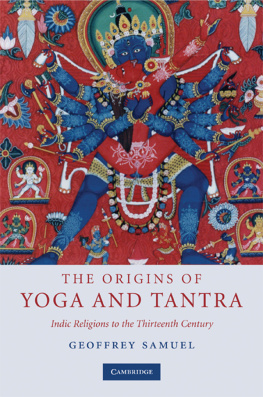

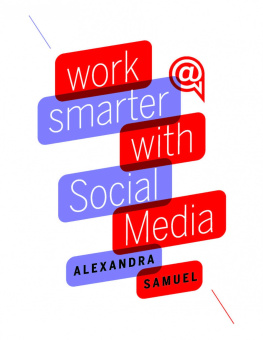
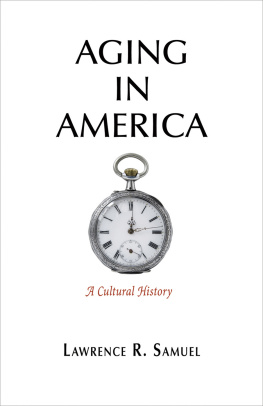
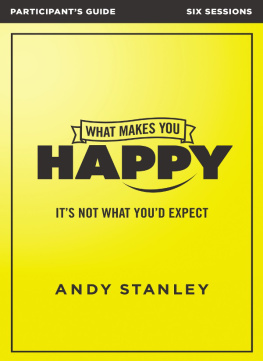
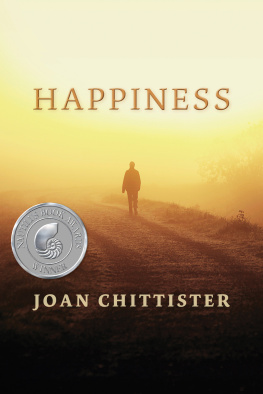
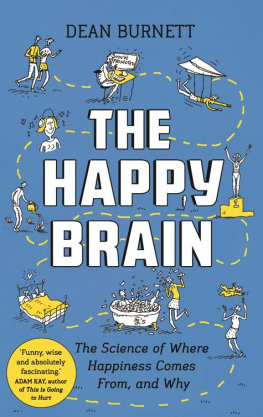
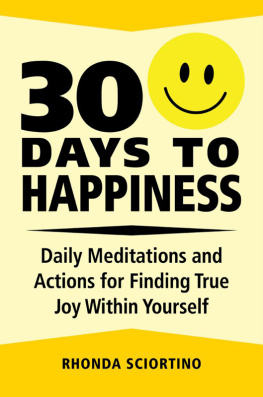
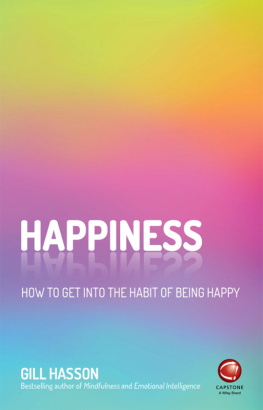
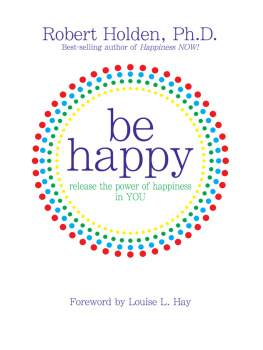

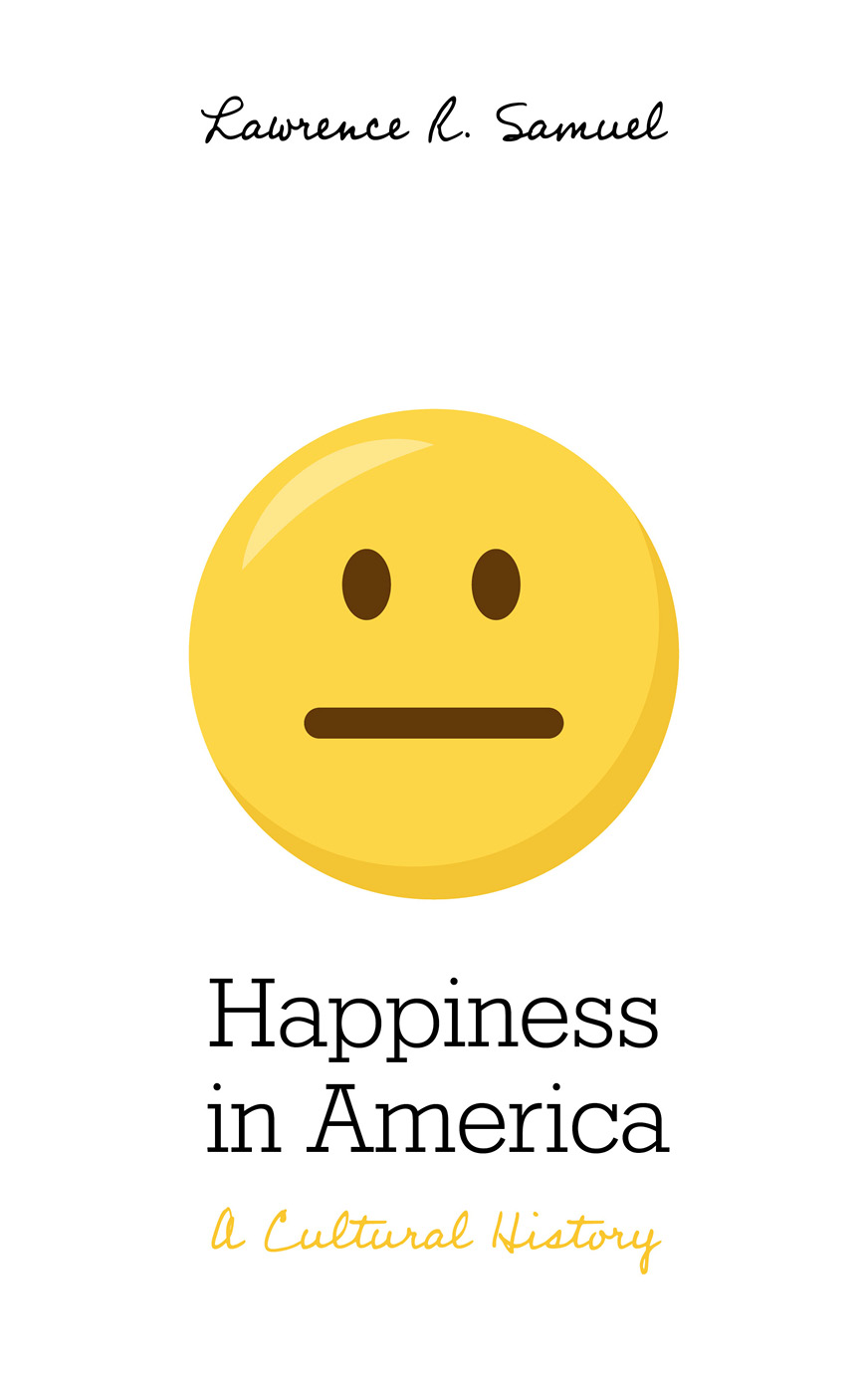
 The paper used in this publication meets the minimum requirements of American National Standard for Information SciencesPermanence of Paper for Printed Library Materials, ANSI/NISO Z39.48-1992.
The paper used in this publication meets the minimum requirements of American National Standard for Information SciencesPermanence of Paper for Printed Library Materials, ANSI/NISO Z39.48-1992.